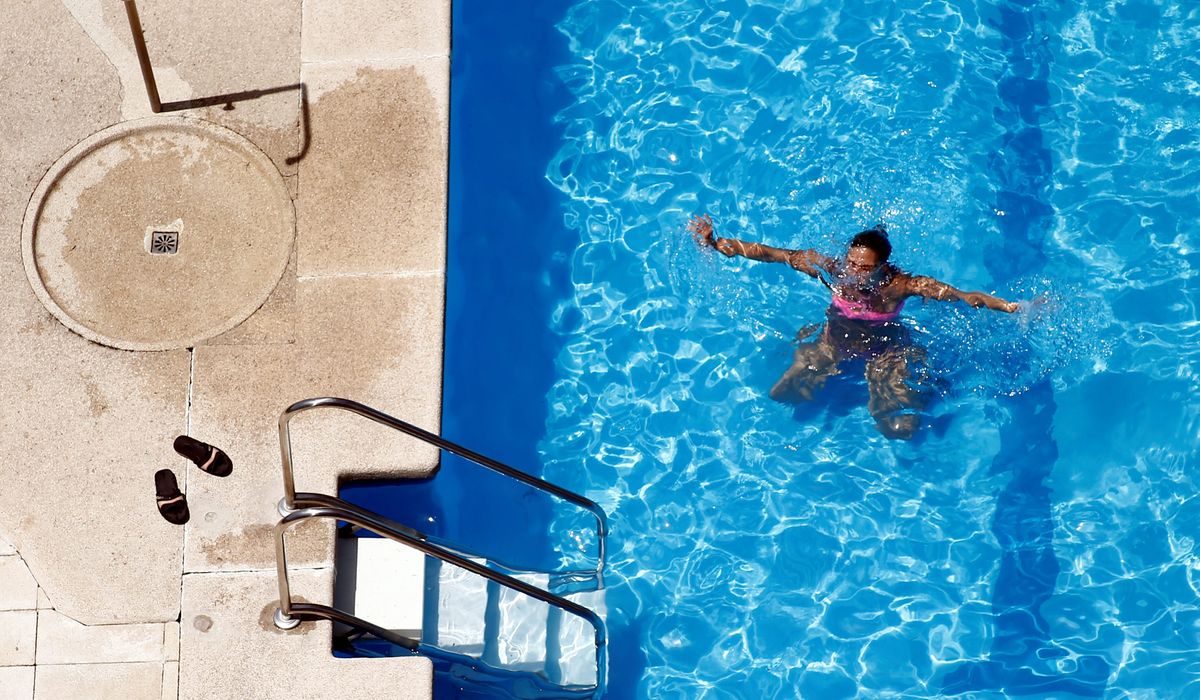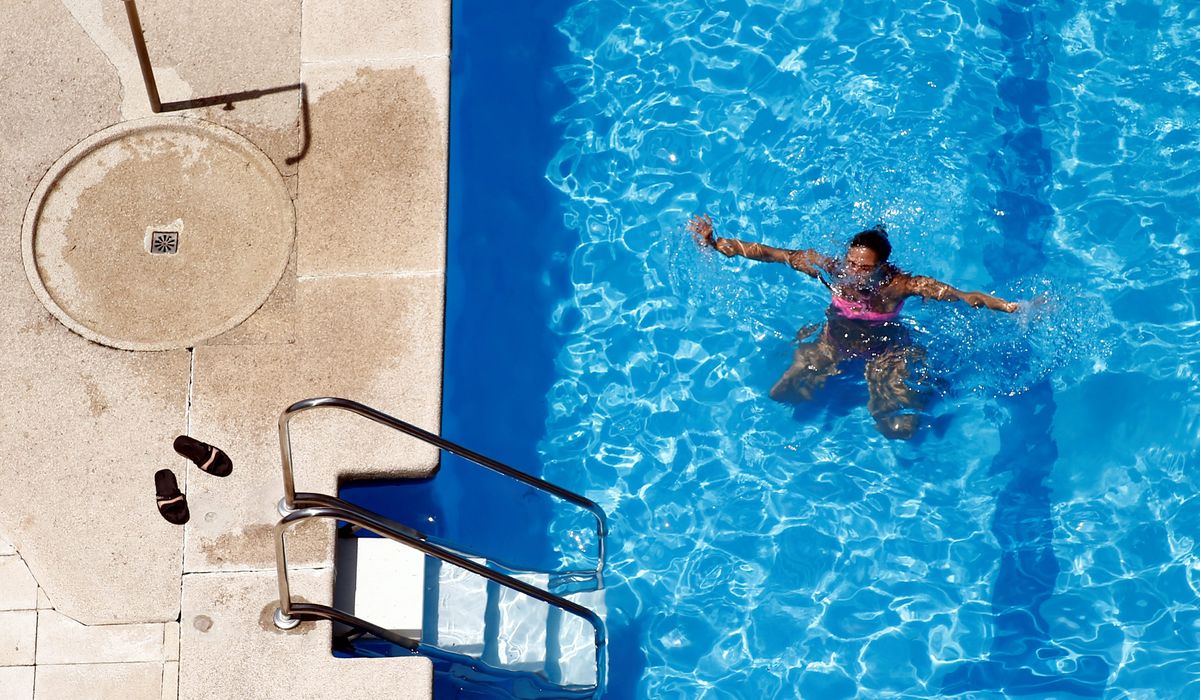
People eager to open their pools for the summer are facing a shortage of the disinfectant chlorine — and, yes, the COVID-19 pandemic is partially to blame.
Demand for chlorine is high because many people installed pools over the past year amid coronavirus restrictions. What’s more, a key producer of chlorine burned down last year during a storm in Louisiana, further disrupting supply lines.
“With the onset of COVID, we did see a surge in not only in-ground pool installation but also above-ground pool purchases. So with that, with the increase in demand, we also saw an increase for the chemistries that go along with the pools,” said J. Bryan Kitchen, president and CEO of Clearon Corp., a manufacturer and supplier of water treatment chemicals.
“Added to that, there was also a material supply disruption at another manufacturing plant in August of 2020, which has led to what I will call a domestic shortfall of supply,” he said.
While the supply of chlorine is “certainly tighter” than previous years, Mr. Kitchen said there is still product available due to steps taken by pool service companies, retailers and distributors.
But the tight supply has led to a spike in chlorine prices. Mr. Kitchen said he has seen shelf prices for chlorine climb by more than 50%, predicting there will be “tightness in the market” through this summer and next summer.
Cheryl DeStefano, co-owner of Hammerhead Pool Service and Maintenance in Las Vegas, said chlorine prices have nearly tripled — from $80 to more than $220 for a 55-pound bucket of chlorine tablets.
Her vendors are limiting her to one bucket of chlorine per customer a day, whereas there was no limit before. The pool service company also is turning to all-natural minerals to reduce the amount of chemicals they use.
Pool owners could see some “green pools” this summer as well as “astronomically high prices” for the pool sanitizer if stores run out of chlorine supply, Ms. DeStefano said.
“Go and get your product now,” she said to pool owners, noting that her vendors are predicting they could run out of chlorine in June. “It’s going to be an interesting summer.”
Although Clearon Corp. has made investments to increase chlorine production this year, Mr. Kitchen said they cannot make up for the “entire shortfall ripped out of the market last year.”
In August, a manufacturing facility of BioLab, one of the country’s major suppliers of chlorine tablets in Lake Charles, Louisiana, burned down after Hurricane Laura.
BioLab’s parent company, KIK Consumer Products, said it is rebuilding the facility, which will have a 30% greater production capacity, but it is not expected to be up and running until spring 2022.
Once operable, the facility will be “well-positioned to rapidly address the shortage of pool disinfecting agents in North America,” KIK Consumer Products said.
The company said it also is scaling up production of pool chlorinating liquid to act as a temporary substitute product for chlorine tablets.
If there is a scarcity of chlorine, the Pool & Hot Tub Alliance recommends that pool owners and professionals consider using other federally approved pool sanitizers such as liquid chlorine, calcium hypochlorite or dichlor, said spokesperson Janay Rickwalder.
Ms. Rickwalder also offered tips to help maintain pools:
• Don’t use pools as bathtubs. Shower before swimming. Keep pets out of the pool.
• Shock the pool only when total chlorine levels are above 0.4 parts per million and use either liquid chlorine, calcium hypochlorite or a monopersulfate product to shock the pool.
• Run the pool filter daily.
• Test the water frequently and keep the water balanced.
• Install a UV or ozone system. These systems still require a small amount of chlorine.
• Convert to a salt pool.
• Install a mineral system.







